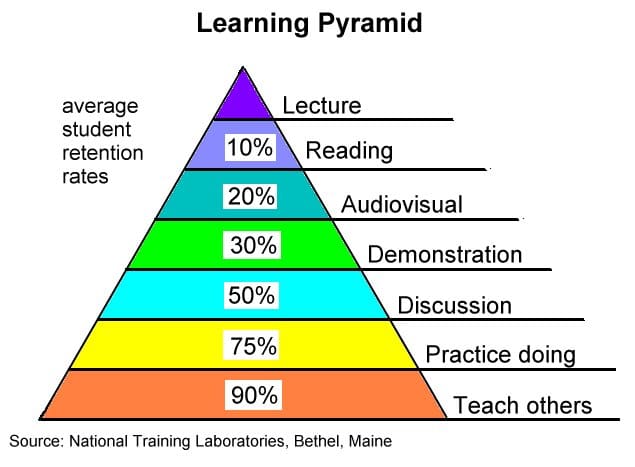Dover
Contents
Learning Circles
Purpose
If you are a parent living in Dover, are you interested to participate and co-create 'Learning Circles' as an alternative to sending your kids to After School Care / Tuition?
Learning Circles are self-directed, peer learning groups who are supported by a community made up of volunteers who do not teach, but instead provide academic resources and learning guidance; and willing parents/neighbours who simply provide space, wi-fi, refreshments and emotional support if needed.
There will be little to no cost if we can collectively take turns hosting the study groups once a week. It only takes 5 parents and their kids to participate to make it viable--it means each parent only has to host the group once a week. If we decide we want tutors or learning enablers, then there may be additional costs involved in hiring them.
Please email justin.lee@nus.edu.sg if you are keen to explore and chat about this community-led initiative.
Background
- Students don’t always enjoy learning, some see school as a necessary stepping-stone to work and life they want.
- Tuition is billion dollar industry, profiting from an educational ecosystem where teachers’ role in school is no longer regarded as enough to get ahead.
- Parents learn curriculum in order to teach their children, and pay good money for tuition.
Some Possible Issues to Address
- Digital Access - having laptops, reliable wifi and relevant software
- Digital Literacy - knowing how to use the hardware, software and navigating online resources for learning purposes
- Interest / Motivation and knowing how to learn - not seeing the relevance, or not motivated enough to learn or figure out how to learn
- Relationship with school teachers and parents - sometimes difficult relationships with teachers discourage engagement in school, and parents can be additional source of stress or do not provide adequate support
- Peer learning and collaborative learning - friends can be a distraction, and educational system and tuition typically emphasizes individual learning
- Conducive space for learning - homes may be too crowded, and other public spaces (libraries, cafes) wither are limited in supply or cost money to access
What we have learned (so far) about What Works
- Learning by Teaching / Doing where possible.
- Let youths set their own learning goals & plan their curriculum where possible.
- Peer and collaborative learning should be encouraged, and groups that feel like they are in the same boat might help each other perform better than individual effort alone.
- Intrinsic motivation instead of extrinsic rewards to cultivate interest in learning.
The Concept - Learning Circles
Learning Circles are self-directed, peer learning groups who are supported by a community made up of volunteers who do not teach, but instead provide academic resources and learning guidance; and willing neighbours who simply provide space, wi-fi, refreshments and emotional support if needed.
- The learning circle is made up of 2 key groups: a study group and a circle of support.
- A ‘study group’ is formed made up of a group of peers that are (about or exactly?) the same age / education level (and come from the same neighbourhood / school?). This study group can be formed, let’s say out of 5 youths, with the understanding that they will help one another learn. Learning goals are set by the group, and planning can be assisted through facilitation.
- A ‘circle of support’ of 5 parents (one for each day of the week) will be formed around each study group. These volunteers will not provide tuition for the youths, but instead merely open up their homes and provide hospitality (e.g. refreshments). The youths get space, wifi and opportunity to study with their peers.
- The idea is to have 'learning enablers' who can focus on making academic resources available for self or peer learning, and providing guidance on skills such as…learning how to learn, rather than ‘teaching’ the subjects. (Possibly, tutors can also be hired if the parents really prefer this, so that the study group will be able to focus on different subjects for different days).
- These circle members will also form an ‘extended family’ to the youths, so that they can offer to do whatever they feel within their capacity to help these youths succeed. (Taking reference from Thread model from Baltimore)
- Given that youth have diverse interests, some of the subjects can be self-selected instead of defined by MOE curriculum, as the youth have defined many topics they are keen to learn about.These might be projects that the students are interested in but not covered in the school curriculum to any detail. E.g. Gender inequality, climate change, how to build an online business etc. It can also be matters significant to our Dover community so that it becomes problem-based learning to address an issue that our community faces.
- Possible structure of daily sessions
- Check-ins
- Agenda & goal setting
- Peer learning (as first principle)
- Review / reflection
- Monthly Circle of Support Meet-Ups
- At such sessions, youths can discuss what obstacles and issues they face in school or at home.
- Parents have a group discussion together with their children on addressing such issues, possibly collectively where needed.
Dover Toy Library?
Are you buying toys of your kids only to find that they are tired of playing with them after a week? Would you like to borrow toys from families in the neighborhood and loan out the toys your kids don't play with much anymore?
It turns out that we can just use this sharing platform to list and borrow toys: https://olioex.com/
All we need is just some general guidelines and coordination. If interested to get in touch and co-create this, please contact Justin: justin.lee@nus.edu.sg
